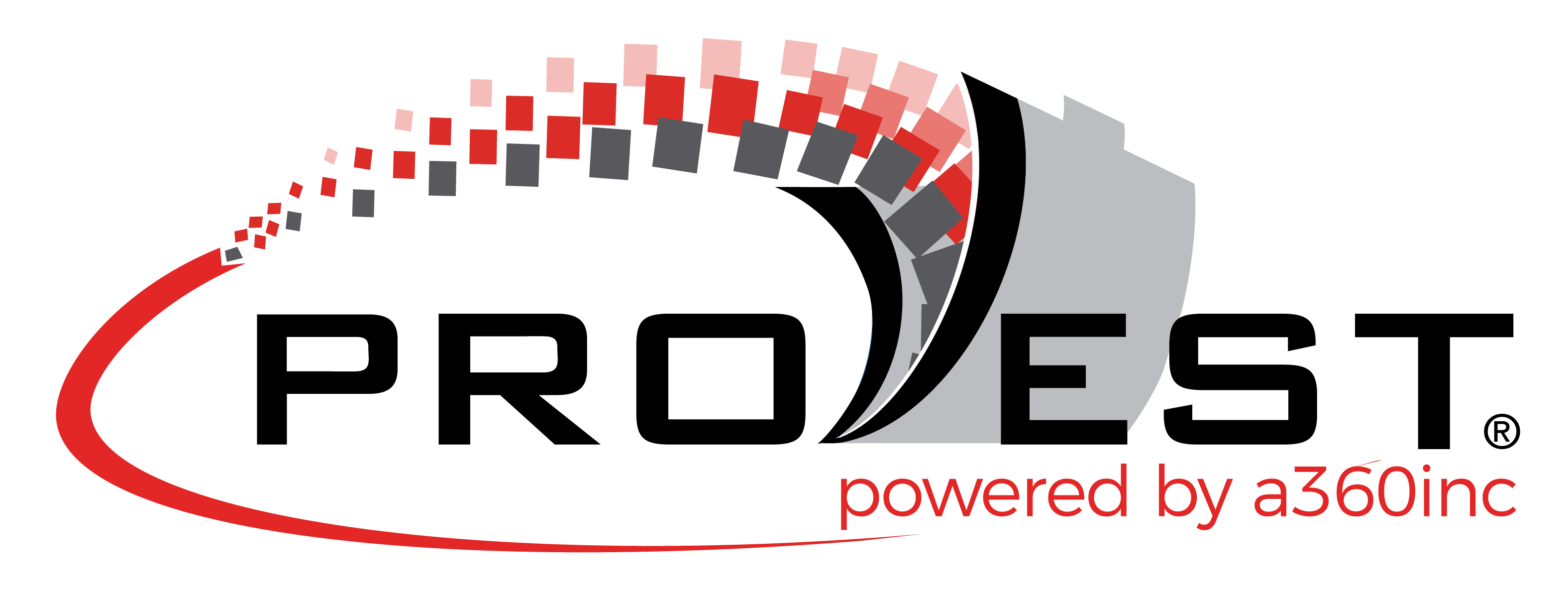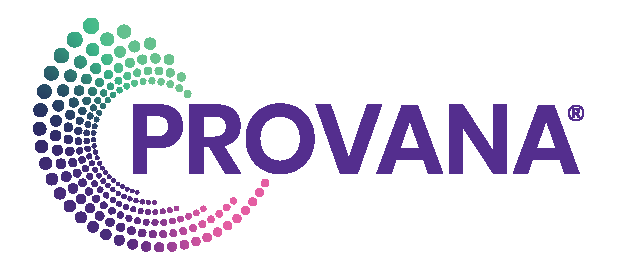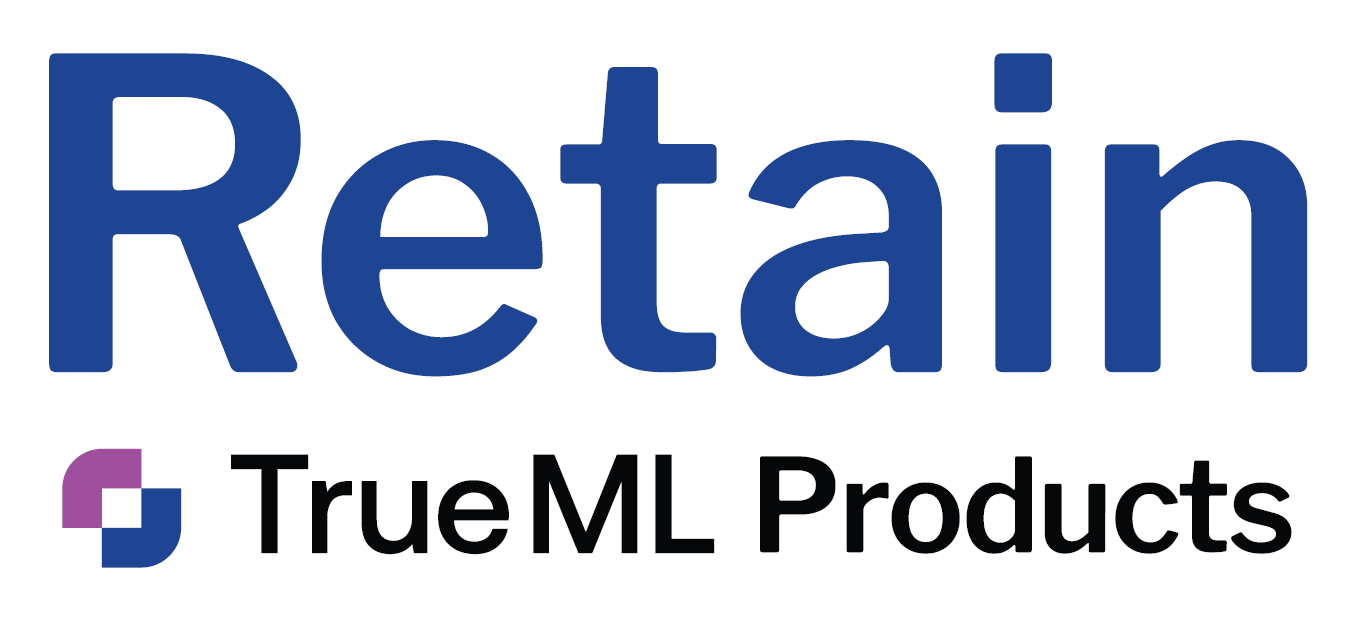Policy Positions
National Creditors Bar Association (NCBA) is a voluntary bar association dedicated to the preservation and advancement of creditors rights law while ensuring fairness for all. NCBA members are attorneys who represent the highest level of ethics and professionalism in consumer finance. Our members’ conduct is among the most regulated and scrutinized in the financial industry, which means how we communicate and interact with consumers is precisely defined. In furtherance of our mission statement NCBA periodically sets forth policies and positions on important issues regarding creditors rights and consumer protections.
NCBA's Board of Directors have approved and adopted the following policy positions:
Independence of the Practice of Law
The courts are the primary and inherent authority to regulate and oversee the legal profession. The National Creditors Bar Association (NCBA) believes it is of fundamental importance to keep attorney oversight separate and independent from the other branches of the government; including: federal or state agencies, Congress and State legislatures.
Exemption of Stimulus Payments from Garnishment
Consumers are faced with many challenges as they deal with the unprecedented coronavirus pandemic and the resulting state of emergency. Congress has provided stimulus payments to the public multiple times since the onset of the pandemic. NCBA believes that these funds should be treated similarly to other government payments that are exempt from garnishment (e.g., social security, disability, and veterans’ benefits). NCBA encourages the Treasury Department to establish regulations that would allow banks to preclude these much needed stimulus payments from any form of garnishment.
NCBA continues to encourage its members to lead in identifying, offering, and utilizing existing hardship policies and extending hardship accommodations, including the cessation of garnishments, to any consumer who is adversely affected by the current health crisis.
Default Judgments - Standards and Procedures
The NCBA supports clear and uniform state court rules for default judgments in debt collection litigation. These rules should ensure that all appropriate documentary evidence, including affidavits and account documentation, is available before a default judgment is entered by the court. Consumers, creditors, creditors’ rights attorneys, and judges will be able to make fully informed decisions when they have appropriate documentation.
Consumer Data Privacy
The NCBA supports the protection and privacy of consumer data through balanced, uniform, and clear standards. Throughout the lifecycle of a consumer account, including possible litigation, there are many reasons consumer data must be collected. These reasons include the need to properly have creditors’ rights attorneys inform, advise, and respond to consumers as well as effectuate legal representation of the creditor. Data privacy and usage standards must be crafted so that they do not create insurmountable burdens for creditors, creditors’ attorneys, and for consumers. Clear and reasonable standards, including uniform federal privacy laws and regulations, will ensure that all consumers are treated equitably and with the same level of privacy protections.
Protection of Service Members in Creditors’ Rights Litigation
The NCBA supports and appreciates the selfless contribution of our country’s military members who protect and preserve our liberty and freedom. The Servicemembers’ Civil Relief Act (SCRA) has unique protections and privileges for active duty military members and their dependents, even when dealing with collection litigation. The NCBA encourages strict compliance with these SCRA protections to ensure that active duty military members and their dependents are not adversely affected by collection litigation.
Identity Theft
The NCBA supports and encourages the establishment of guidelines that provide clear standards for consumers to utilize when presented with the unfortunate circumstance of identity theft. When a consumer is the victim of identity theft, the impact can be devastating. Creditors’ rights attorneys often serve as first responders when a consumer learns of and makes a claim of identity theft. NCBA members and their clients place great emphasis in policies and procedures to identify, investigate, and properly respond to all allegations of identity theft.
No Debtors Prisons
The NCBA strongly believes that a consumer should not be imprisoned in a civil collection action for failure to pay a debt. There is a continued misconception in the media and public-at-large about “debtors prisons”; that phrase is a misnomer. In fact, “debtors prisons” were outlawed by Congress nearly 200 years ago in 1833. There are, however, legal proceedings in various states that can result in a judge holding any civil litigant in contempt of court. That judicial power can only be used by the judge and in the most extreme and egregious situations. Creditors and their attorneys have no ability or authority to issue an arrest warrant. Despite the fact that a judge may take such action, NCBA believes that any proceeding that could result in the jailing of a consumer should not be part of the modern practice of creditors’ right law.
















